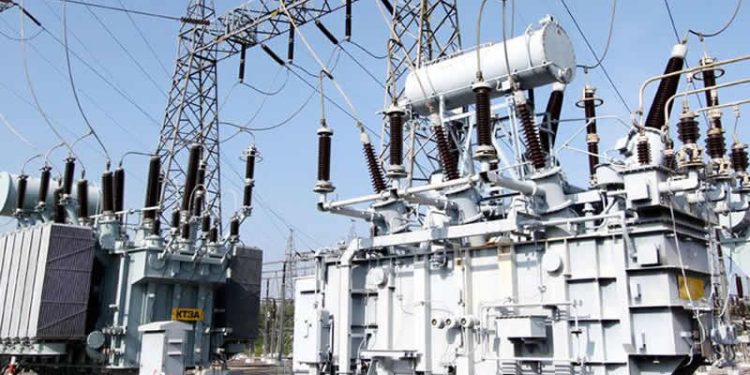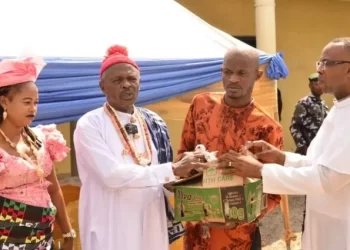Despite being an active hub for several agro-commodities and a major contributor to Jigawa State’s Gross Domestic Product (GDP), Taura Local Government Area and neighbouring communities, such as Kwalam, had remained in total darkness for over 16 years.
Residents had resigned to fate without electricity after repeated failed attempts to reconnect to the national grid.
The prolonged blackout crippled many small businesses, raised the cost of living, and triggered persistent rural–urban migration. Although the communities are rich in agricultural opportunities across various value chains, progress remained stifled due to the absence of electricity.
For agricultural communities in Nigeria, living without power for more than a decade has deep, multidimensional and long-lasting effects. It touches every aspect of rural life—from farm output to health, education, security and the local economy.
According to Malam Salisu Taura, agricultural productivity in the area significantly declined over the years because irrigation became extremely expensive. “Farmers now depend solely on rainfall, which limits year-round farming and reduces our yields,” he said.
He added that those who manage to farm during the dry season suffer constant losses due to the absence of cold-storage facilities. This leads to the quick spoilage of perishable crops such as tomatoes, vegetables, dairy and fish.
“As agrarian communities, agriculture is our only means of survival. Without electricity, we have accepted that life here is lived in darkness. Others farm successfully in both dry and wet seasons, but we rely completely on the wet season. We want to expand our agro-commodity business, but we have no electricity to run processing machines, milling equipment, or threshers,” he lamented.
Another resident, Hamza Bello, said daily life became almost unbearable, especially for artisans such as welders, tailors, and barbers who rely heavily on electricity. Those who could afford it used generators or solar panels, but high fuel prices drastically reduced profits and weakened entrepreneurship.
He added that youth migration to urban centres became rampant as young people sought better economic opportunities elsewhere.
“When communities cannot attract investors for farming, processing, or storage due to lack of electricity, people are forced to leave,” he said.
Maryam Isah Taura, a teacher, explained that many schools lacked access to computers, fans, lighting, and e-learning facilities. Evening classes and adult literacy programs also became nearly impossible.
She noted that some health facilities were unable to store vaccines or drugs that required refrigeration. “Many clinics deliver babies without electricity. Laboratory tests, sterilisation, and other essential services suffer. Health workers even reject postings here because of the conditions,” she said.
“Although we live in Nigeria, for 16 years, it felt like we were forgotten. We gave up hope of ever having electricity again,” she added.
Relief finally came when Jigawa State Governor, Malam Umar Namadi, unveiled the long-awaited restoration of electricity to Taura, ending more than a decade of darkness. The development has been described by residents as historic and life-changing.
The prolonged outage had crippled businesses, increased the cost of living, and hindered access to clean water, healthcare, and modern communication. Community members hailed the reconnection as a transformative milestone that will reshape the area’s social and economic landscape.
Speaking during the official commissioning of the restored electricity under the Citizens Engagement Programme, Governor Namadi said the reconnection fulfills his campaign promise to provide stable electricity to communities across Ringim and Taura LGAs.
“Alhamdulillah, today I am a witness, not just someone who heard. When I entered Taura Local Government for the first time, by the will of God, we switched on electricity after more than ten years. Today, by God’s grace, the people of Taura have electricity provided by the Jigawa State Government,” he stated.
He added that expanding rural and urban electrification is central to his administration’s development plan aimed at boosting economic growth, improving livelihoods, and reducing rural-urban migration.
The State’s Commissioner for Power and Renewable Energy, Surajo Musa, revealed that the government made substantial investments to rehabilitate ageing power lines, replace faulty transformers, and upgrade distribution networks to ensure a reliable power supply.
He further explained that the electricity expansion project involves extensive infrastructure, including over 280 km of high-tension and low-tension lines, 6,734 poles, and 39 transformer units of various capacities.















































